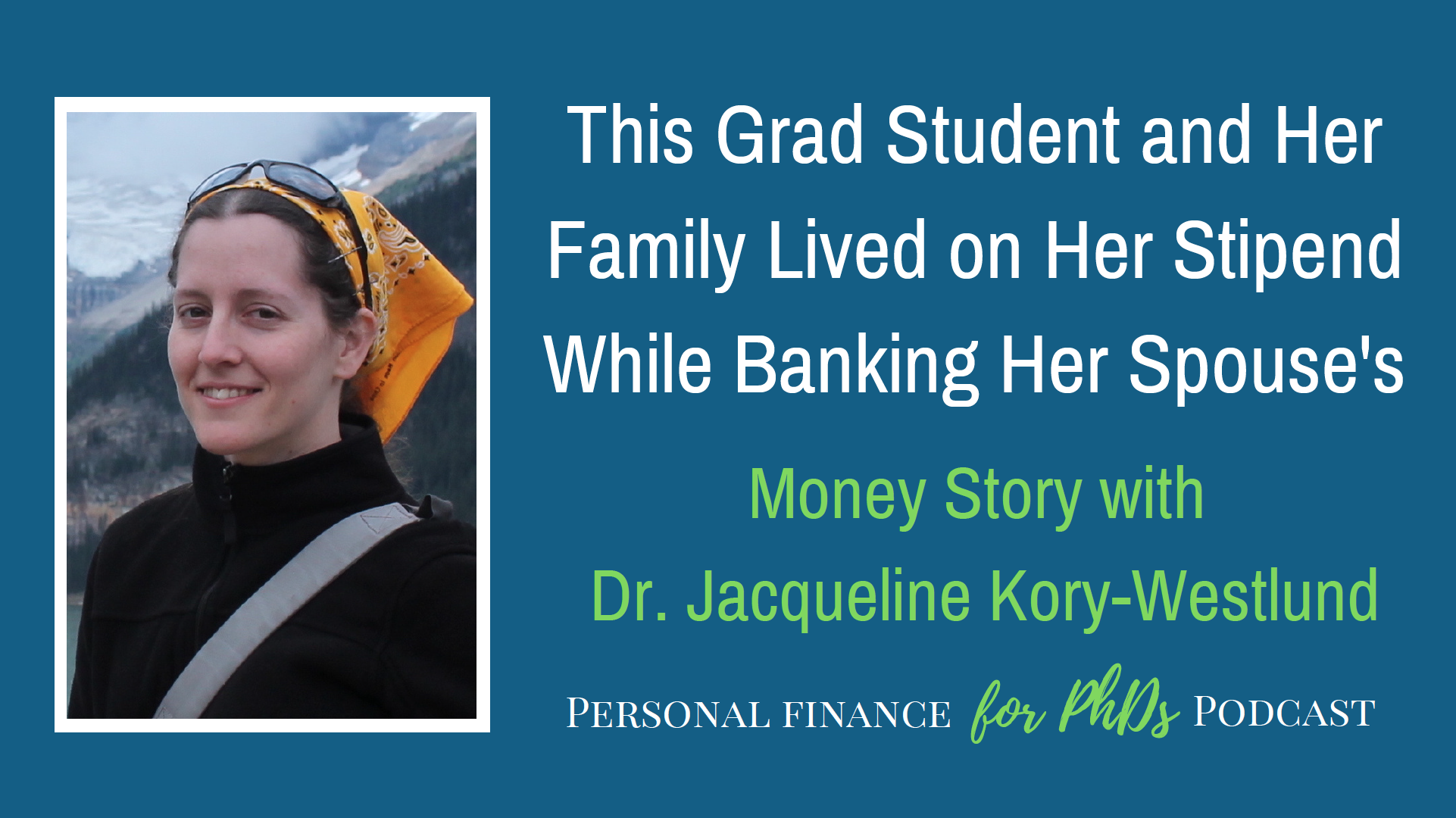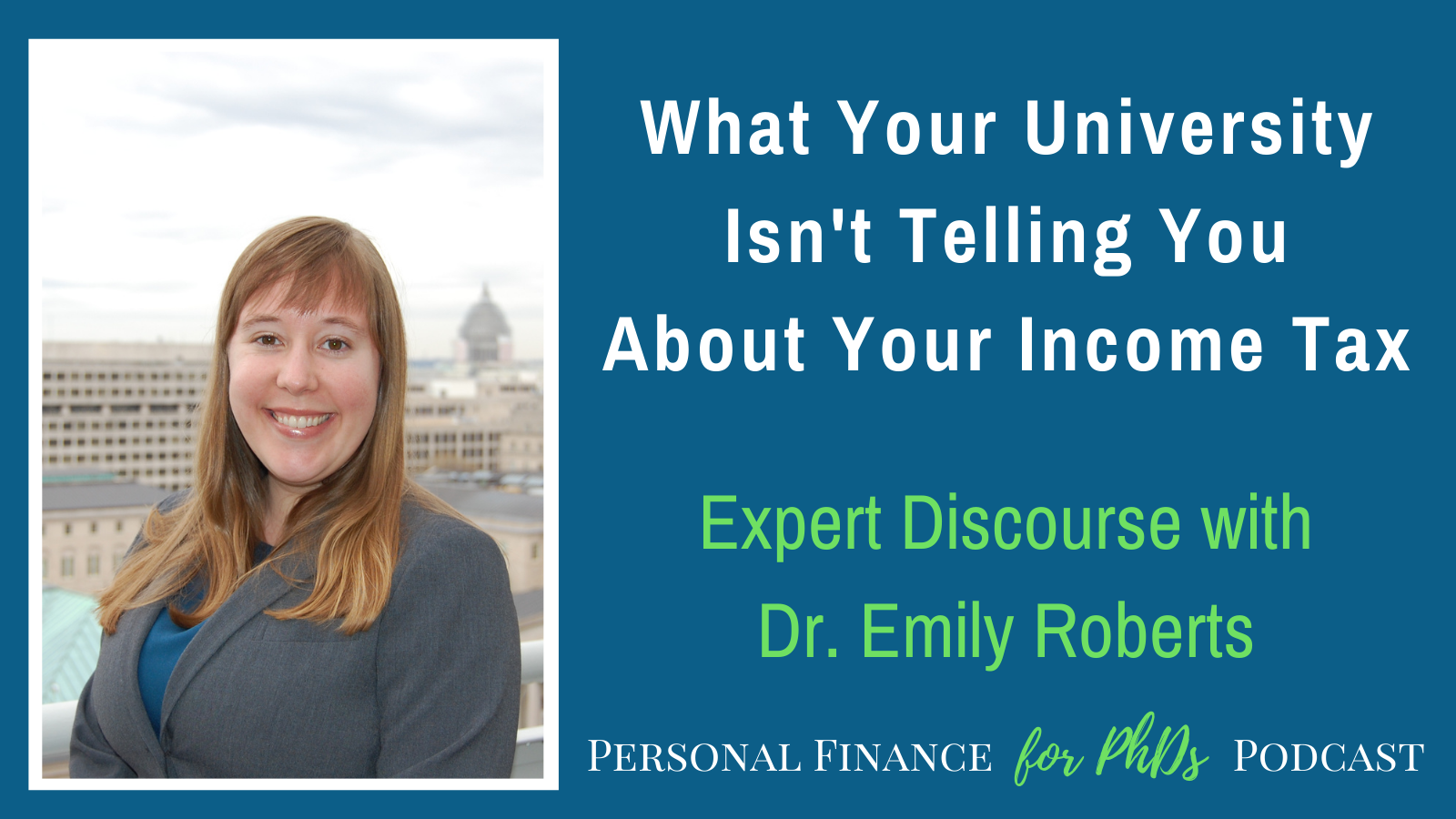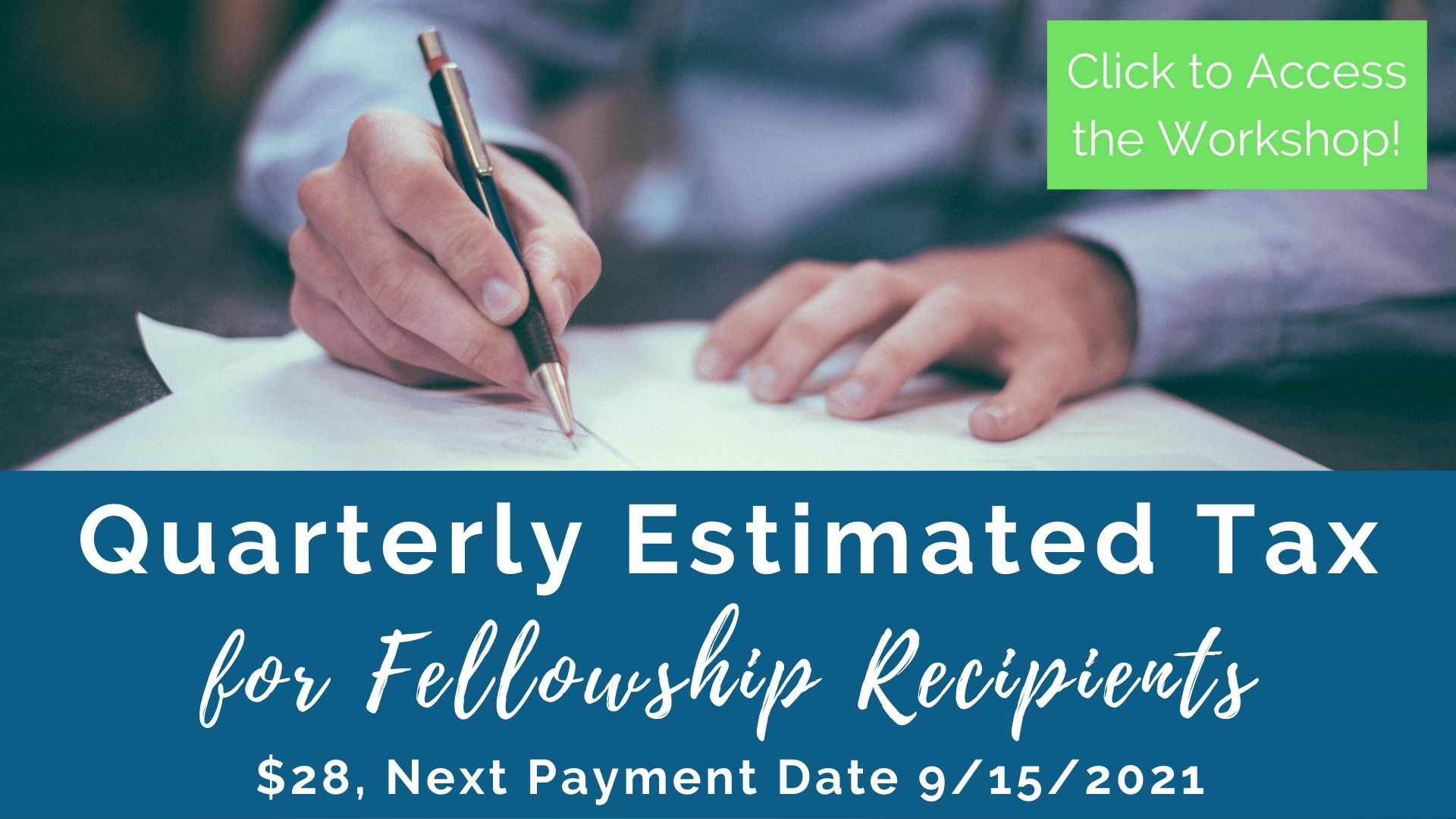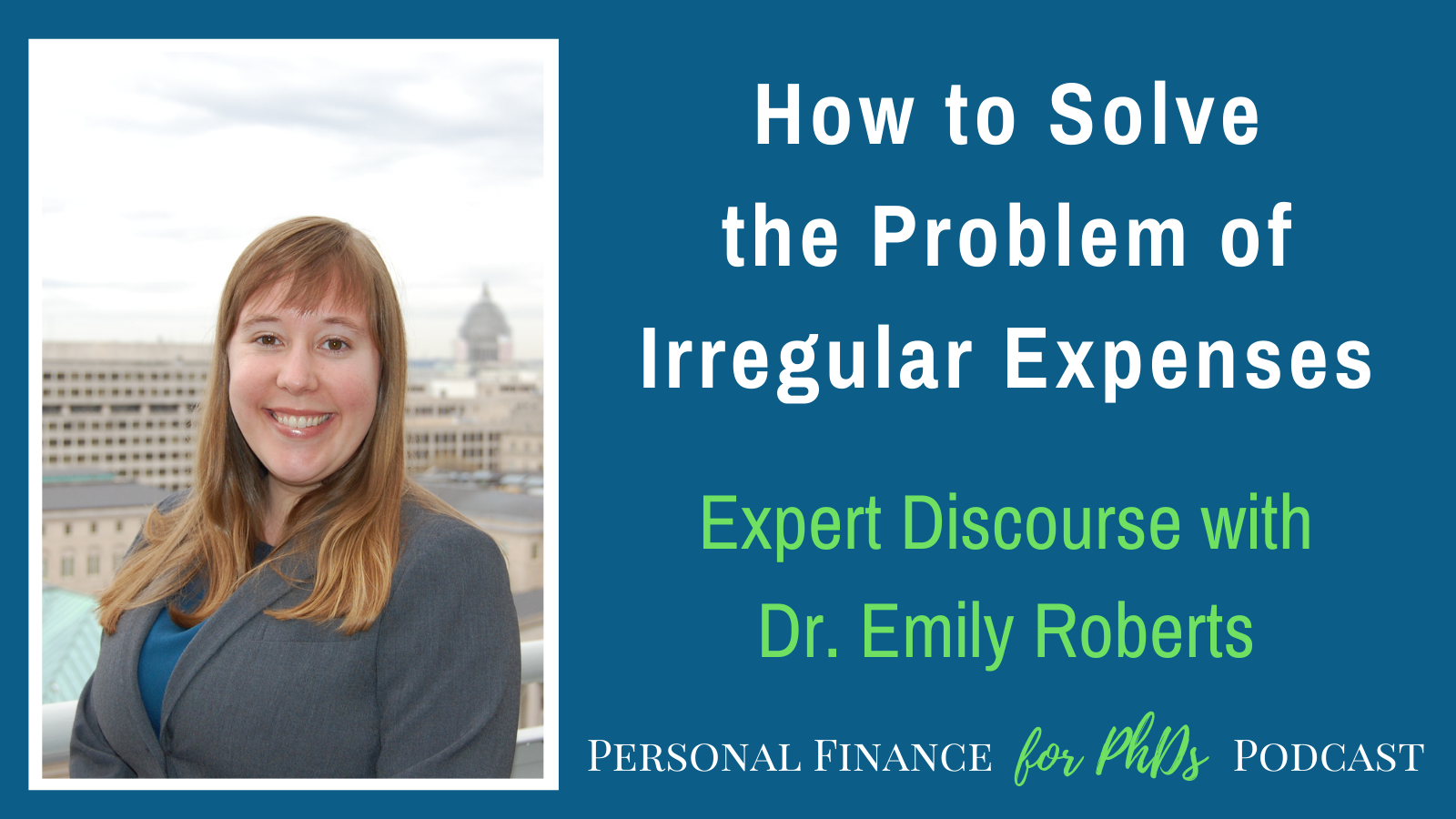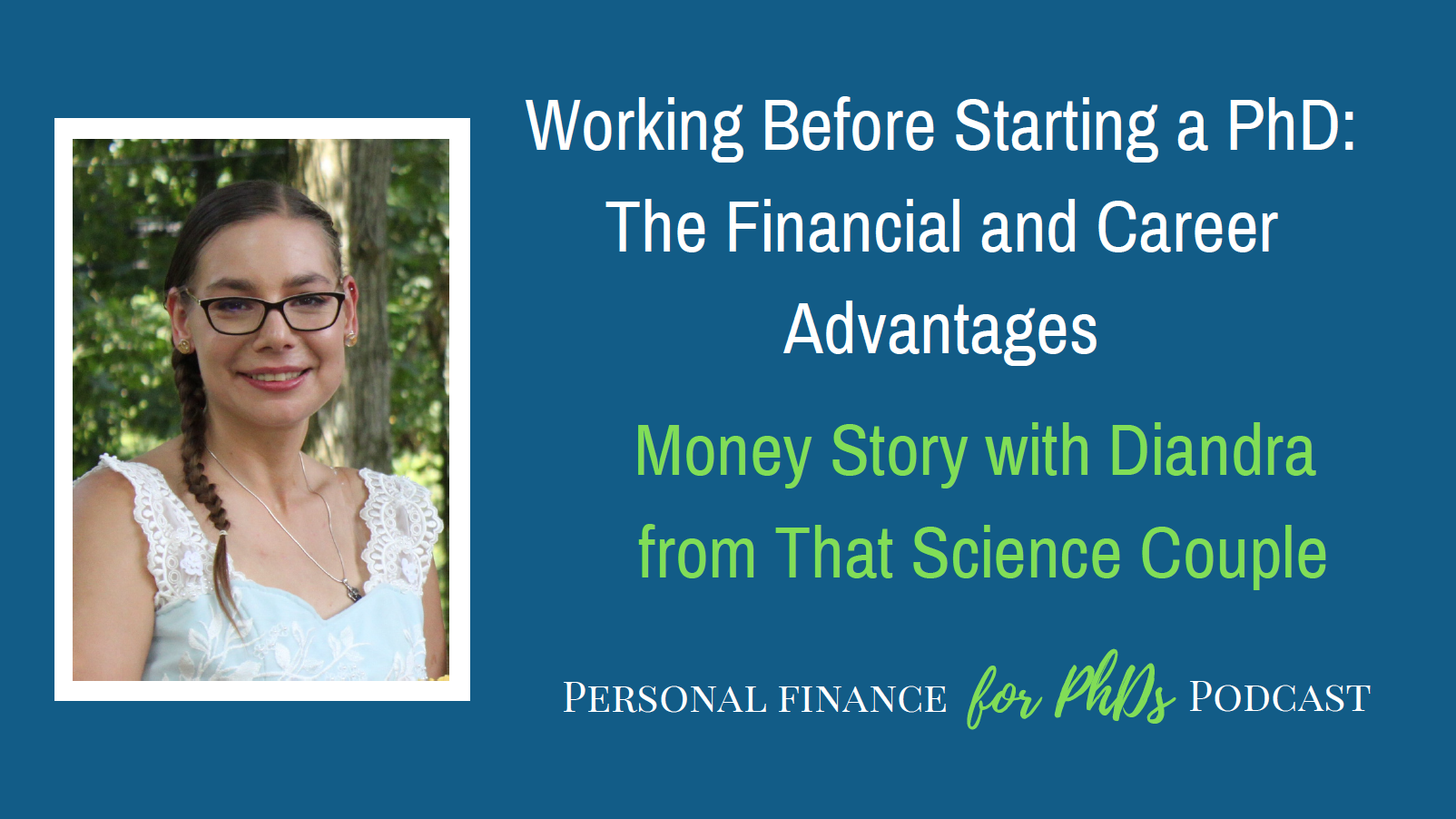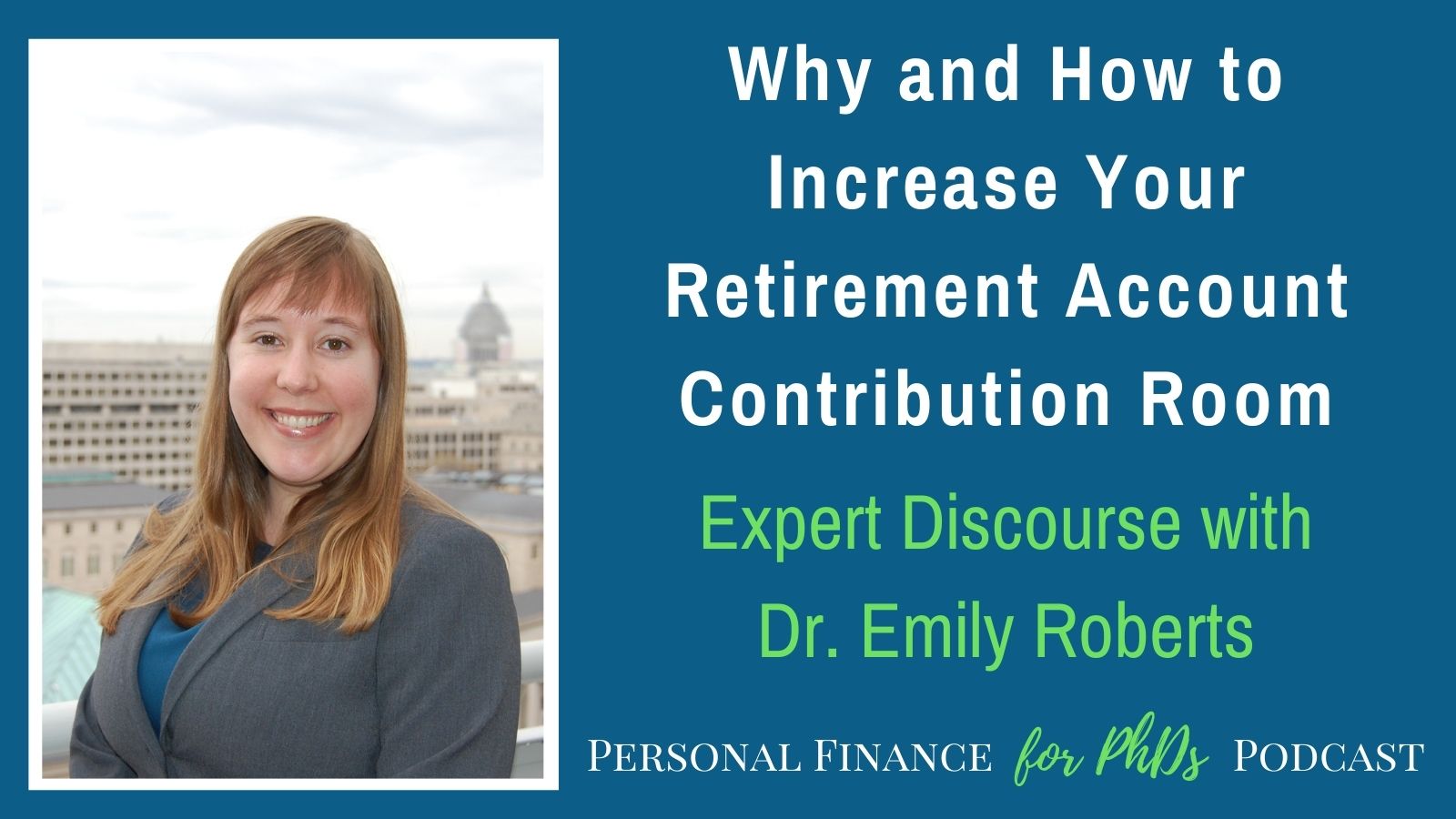In this episode, Emily shares a few clips from the first-time homebuyer Q&A that she hosted with Sam Hogan on May 6, 2021. Sam is a mortgage originator with Prime Lending (Note: Sam now works at Movement Mortgage) specializing in graduate students and PhDs, an advertiser with Personal Finance for PhDs, and Emily’s brother. The first pair of questions is on whether having three years left on your fellowship offer is required to get a mortgage. The second pair of questions is on qualifying for a mortgage if you’re on an F-1 visa. These questions are among the most common that Sam receives.
Previous Episodes with Sam Hogan
- Register for an Upcoming First-Time Homebuyer Q&A
- Purchasing a Home as a Graduate Student with Fellowship Income
- How to Qualify for a Mortgage as a Graduate Student or PhD, Even with Non-W-2 Fellowship Income
- Turn Your Largest Liability into Your Largest Asset with House Hacking
Introduction
Welcome to the Personal Finance for PhDs Podcast: A Higher Education in Personal Finance. I’m your host, Dr. Emily Roberts.
This is Season 8, Bonus Episode 1, and today I’m sharing a few clips from the first-time homebuyer Q&A that I hosted with Sam Hogan on May 6, 2021. Sam is a mortgage originator with Prime Lending (Note: Sam now works at Movement Mortgage) specializing in graduate students and PhDs, an advertiser with Personal Finance for PhDs, and my brother.
Sam has been on the podcast before in Season 2 Episode 5, Season 5 Episode 17, and Season 8 Episode 4. As Sam has gained experience working with PhD clients over the last few years, he’s been able to get mortgages approved in scenarios that didn’t seem possible a couple of years ago. We’re using this bonus episode to update you all on this evolving situation.
What you will hear next is me reading questions that were submitted over chat during the Q&A call and Sam’s answers. We selected these questions because they are among the most common that Sam receives. The first pair of questions is on whether having three years left on your fellowship offer is required to get a mortgage. The second pair of questions is on qualifying for a mortgage if you’re on an F-1 visa. There were a few dozen people on the call so you will hear some background noise as well.
If you would like to attend a Q&A call of this type, please sign up for the Personal Finance for PhDs mailing list at PFforPhDs.com/mortgage/. I’ll be in touch over email about the next scheduled call. As of now we anticipate holding another one in June 2021 and periodically after that.
If you would like to get in touch with Sam directly regarding your own mortgage, you can call or text him at (540) 478-5803 or email him at [email protected].
Without further ado, here are the clips from the first-time homebuyer Q&A call with Sam Hogan.
Conclusion
Thank you, Sam, for giving your time and expertise to this call and thank you, participants, for your excellent questions! If you, listener, are interested in attending a Q&A call for first-time homebuyers in the near future, please go to PFforPhDs.com/mortgage/ and register for my mailing list. I’ll be in touch over email when we schedule the next call. If you would like to contact Sam directly regarding your own mortgage, you can call or text him at (540) 478-5803 or email him at [email protected].
